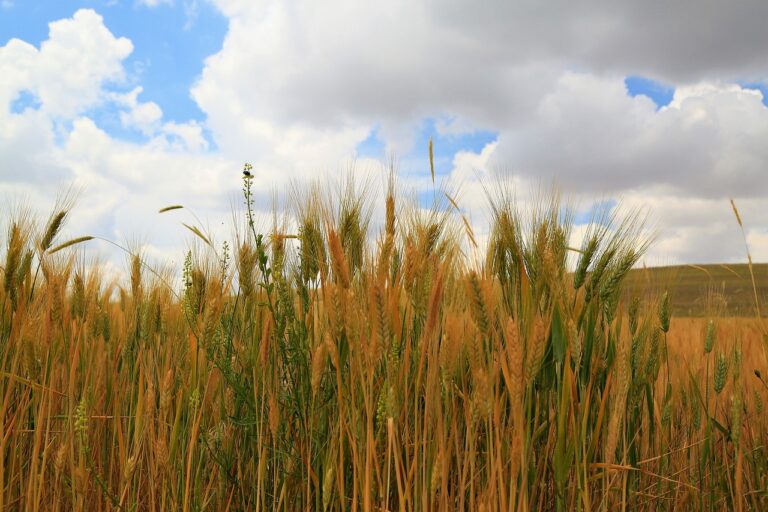The Circular Economy of Food: Closing the Loop on Waste and Resource Use
Food production has a significant impact on the environment, contributing to issues like deforestation, water pollution, and greenhouse gas emissions. Agriculture, particularly livestock farming, is a major source of methane and nitrous oxide, potent greenhouse gases that contribute to global warming. Additionally, the use of synthetic fertilizers and pesticides in crop production can lead to soil degradation and water contamination.
The transportation and distribution of food also play a role in the environmental impact of food production. The long-distance transportation of food products generates carbon emissions, contributing to climate change. Furthermore, the packaging materials used in storing and transporting food items often end up in landfills, adding to the issue of waste management and pollution.
The Concept of Circular Economy in the Food Industry
Circular economy in the food industry aims to minimize waste and promote sustainability by ensuring resources are utilized efficiently throughout the entire production process. This approach focuses on reducing the environmental impact of food production, from sourcing raw materials to distribution and consumption. By implementing circular economy principles, such as reusing by-products, recycling materials, and reducing packaging waste, food companies can achieve greater sustainability and contribute to a more environmentally friendly industry.
One key aspect of the circular economy in the food industry is the concept of closing the resource loop. This involves creating a system where waste is reduced, reused, or recycled back into the production process, rather than being disposed of as landfill. By adopting this approach, food companies can not only minimize their environmental footprint but also save costs and resources by finding innovative ways to repurpose materials and use resources more efficiently. Ultimately, embracing the circular economy in the food industry can lead to a more sustainable and resilient food system for future generations.
Challenges in Reducing Food Waste
Mitigating food waste poses a significant challenge in the global food industry due to various interconnected factors. One key issue is the lack of effective communication and collaboration among different stakeholders in the food supply chain. This leads to inefficiencies and excess waste at various stages from production to consumption.
Another obstacle in reducing food waste is the consumer behavior and mindset towards imperfect or cosmetically imperfect produce. The societal preference for visually appealing fruits and vegetables often results in perfectly edible and nutritious food being discarded based solely on aesthetics. Addressing and changing these ingrained attitudes and habits is crucial in the fight against food waste.
Lack of effective communication and collaboration among stakeholders in the food supply chain
Inefficiencies and excess waste at various stages from production to consumption
Consumer behavior and mindset towards imperfect or cosmetically imperfect produce
Societal preference for visually appealing fruits and vegetables leading to edible food being discarded based on aesthetics
Addressing and changing ingrained attitudes and habits crucial in reducing food waste
Why is food waste reduction important?
Food waste contributes to environmental degradation and resource depletion, so reducing it is crucial for a sustainable future.
How does food production impact the environment?
Food production involves a significant amount of resources such as water, land, and energy, and contributes to greenhouse gas emissions and biodiversity loss.
What is the concept of circular economy in the food industry?
Circular economy promotes a closed-loop system where resources are reused, recycled, or repurposed to minimize waste and environmental impact.
What are some challenges in reducing food waste?
Challenges include consumer behavior, supply chain inefficiencies, lack of infrastructure for food recovery, and complex regulations surrounding food donations.







